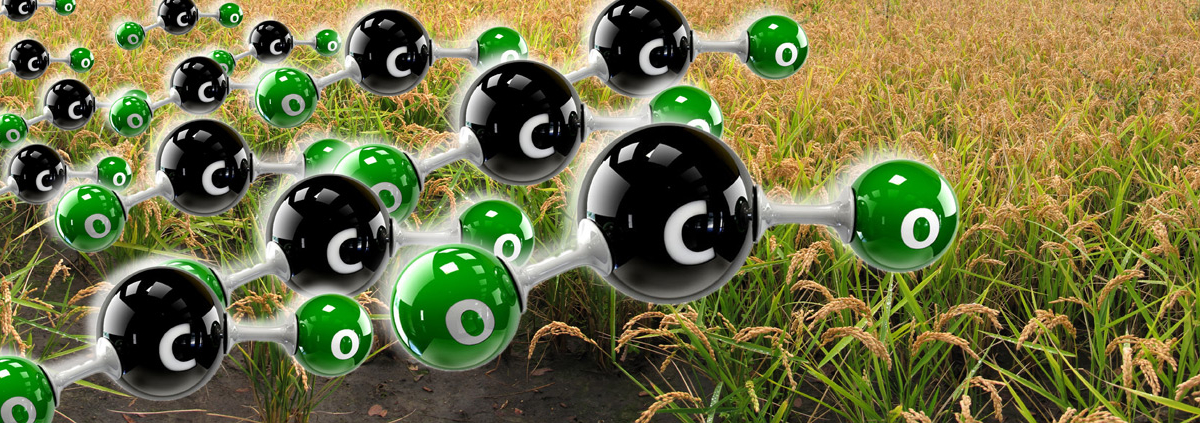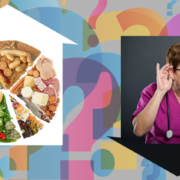Rising CO2 and Nutrition: The Bottom Line
All of nature is a delicate balance; when any component changes, there will be some sort of effect—maybe good, maybe not. The mineral nutrient and trace element content composition of a plant, technically called the ionome, reflects a balance between carbon, obtained through CO2 in the air, and the remaining nutrients, obtained from the soil. If the CO2 increases in a disproportionate way to the nutrients available from the soil, it could create an ionomic imbalance. In other words, the balance of nutrients is disrupted. This imbalance in CO2 and soil nutrients could affect the nutrient content of the plant including the protein and micronutrients.
That’s exactly what scientists found in their research. Remember, they used a CO2 level in the FACE-field testing to mimic CO2 levels at the end of the 21st century. Most species of rice declined in protein, iron, and zinc, but that was expected based on prior research. But there were also consistent reductions in vitamins B1, B2, B5, and B9. On the upside, they did find an increase in vitamin E in some varieties of the rice.
Here’s the concern: rice is a staple for two billion people. In fact, it’s their primary source of nutrients because food is not plentiful in many of those countries. A 10% decline in protein could have a major impact on the growth and development of the people dependent on rice for their primary food source. The same is true for any of the other nutrients; they’re critical for the immune system and many other biochemical functions.
The Bottom Line—For Now
While this research is real, it’s most definitely not complete yet. The CO2 projections for the turn of the century may not be accurate; they could be lower or they could be even higher. What if they were higher? Let’s take it one step farther and consider the food supply in the U.S. and Canada right now. What if the current CO2 levels are having an impact on our food supply now, not just on rice, but in all the food that’s grown? What if our food is becoming less nutritious?
This raises two points. If there were ever a reason to complement your diet with dietary supplements, this would be it.
Take it a step further. I get more queries on what people can and cannot eat because they have issues with specific foods such as wheat. What if it’s not the gluten in wheat that’s the problem? What if it’s the changes in nutrient content that upsets the balance of amino acids? Or the B vitamins? That imbalance may be the actual culprit. Only more research will tell.
This one is far from over. I’ll keep watching to keep you informed.
What are you prepared to do today?
Dr. Chet
Reference: Science Advances: DOI: 10.1126/sciadv.aaq1012.





 BurgerOnTheFourth
BurgerOnTheFourth


